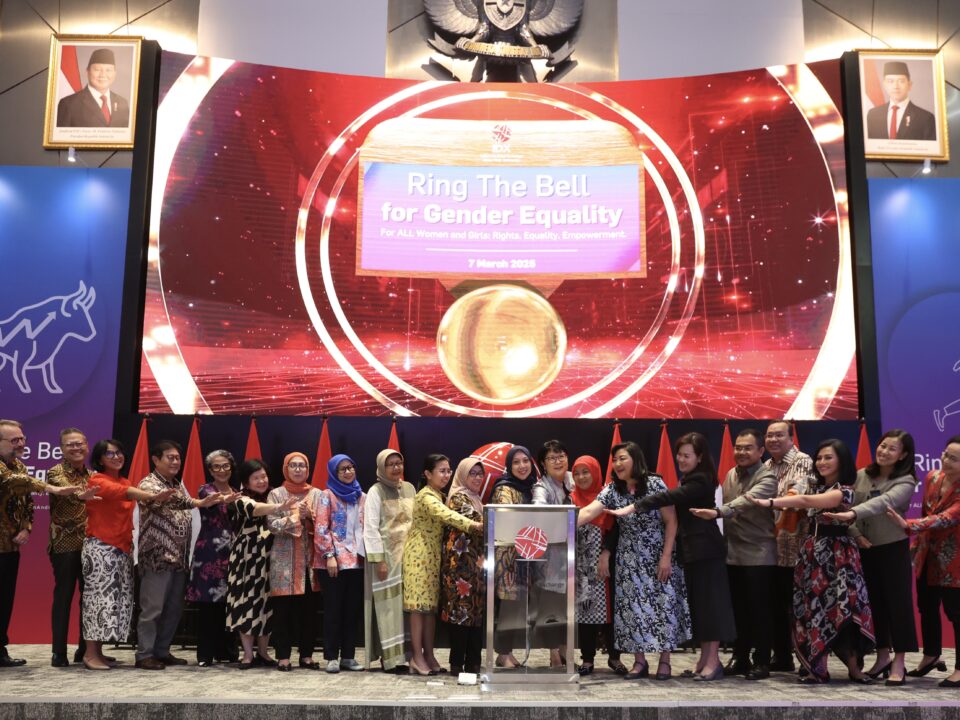
As an advocate of G20 Empower, IBCWE is Committed to Supporting Women’s Economic Empowerment through Business Strategies of its Member Companies.
December 24, 2023
Developing Family-Friendly Policies in Connection with Covid-19 Pandemic
December 24, 2023Women’s rights as mothers are to carry all their rights as women and also ensure that their children’s rights are protected and fulfilled.
This theme was discussed in an online activity held by ELSAM on April 20, 2021 with the title Interdependency on the Protection of Children’s Rights and Women’s Rights in Business Activities.
Four basic principles that underlie the respect, protection, and fulfillment of children’s rights in the Convention on the Rights of the Child includes:
- – Non-Discrimination
- – The Best Interest of the Child
- – The Right to Life, Survival, and Development
- – Respect for the Views of the Child
However, employers’ awareness of providing women (workers) rights or options for women (workers) to fulfill children’s rights, is still small.
Support from employers and workplaces is needed through policies that have a significant influence on the fulfillment of women’s rights and children’s rights, especially in the early development phase which includes breastfeeding, care, and early education for children.
In a survey conducted by YouGov, the millennial generation is more aware that fulfilling children’s rights is not only the responsibility of the mother but also of the father.
9 out of 10 women said that flexible working options for parents are important, but only half of the employers offer this option. Even in Indonesia, the number does not reach half of the employers.
Future Talent Strategies: Gender Diversity and Leadership, Robert Walters, 2015.
In Indonesia, flexible working options are still in practice, not all companies have made it a policy that can be accessed by all.
“IBCWE is striving to support companies to make flexible working options a policy that can be accessed by all workers, although it’s the company’s decision to give the policy depends on the employee’s case,” explained Maya Juwita, Executive Director of IBCWE.
This policy still needs control and monitoring to ensure that this policy is used by workers who need it and not being misused.
From the Ministry of Women Empowerment and Child Protection itself, efforts to fulfill gender equality and child protection have been included in the 2015-2019 RPJMN to 2020-2024, using the following performance indicators: Human Development Index (IPM), Gender Development Index (IPG), Gender Empowerment Index.
“And currently we are compiling a Child Protection Index which refers to the Child Protection Law, which includes the fulfillment of rights and special protection of children,” said Dra. Eko Novi Ariyanti R.D., M.Si, Assistant Deputy for Participation in Professional Institutions and the Business World of Women Empowerment and Child Protection.
Meanwhile, about women’s leadership in companies, the government is trying to adopt instruments from the Women Empowerment Principle (WEP) to several companies that are members of the G20. In this movement, the government asked several CEOs to become advocates regarding their best steps as companies that could adopt the indicators in the WEP.
But what are the real benefits for companies in supporting women workers?
-
When companies have policies that support women both as individuals and as mothers, women workers tend to be more productive and loyal to the company.
-
When a company does not support gender equality which affects the rights of women workers which then affects their children, it will be difficult for the company’s shares to be included in sustainable stock indices such as Bloomberg’s Gender Index and IDX ESG Leaders Index.
-
The protection of women’s rights, which is included as an indicator of gender equality, becomes one of the references for investors to see how far the company is sustainable in doing its business while remaining responsible for human rights.





